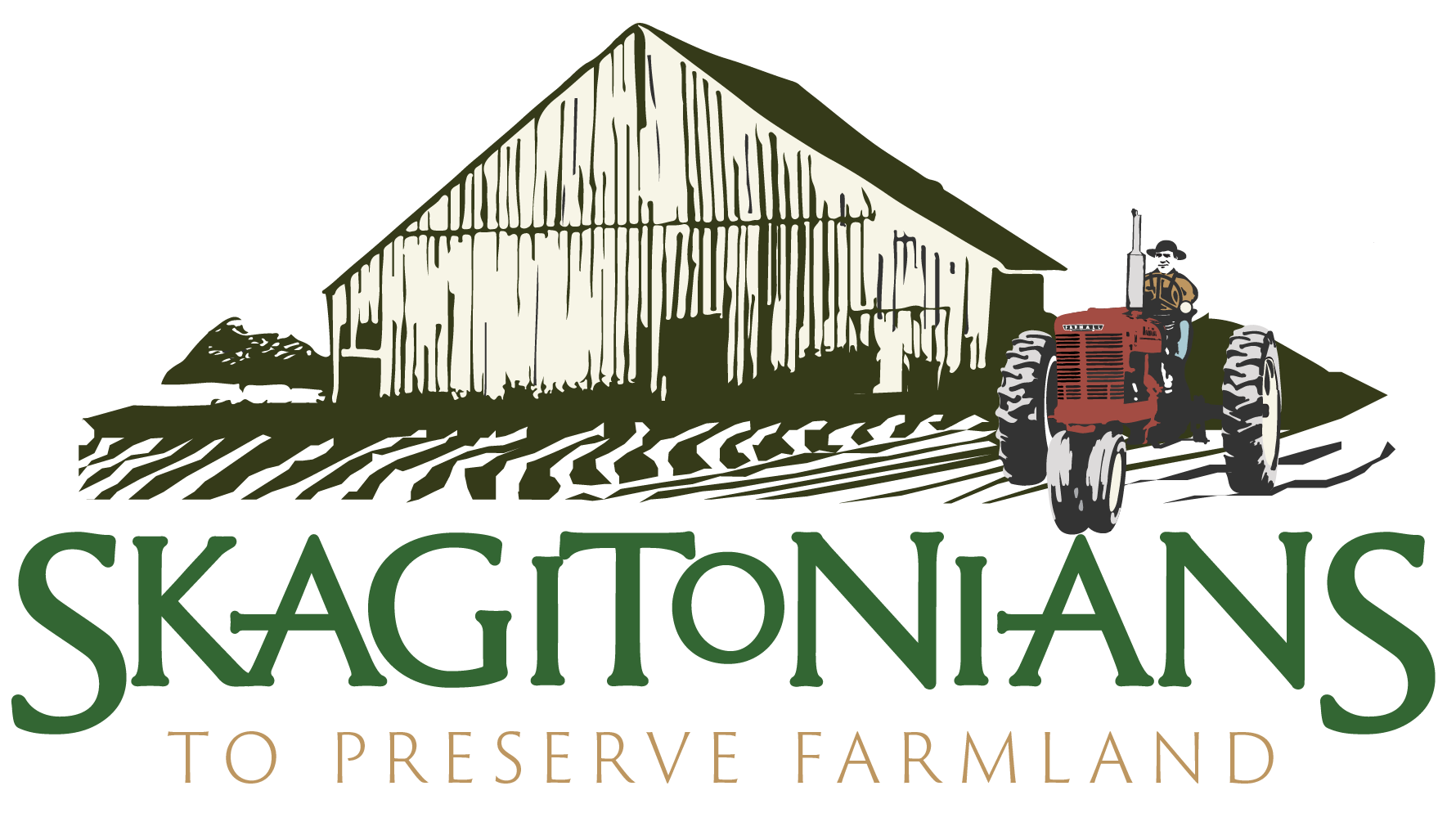The Dirt Issue 18 - Slow Flowers
Slow down and savor the difference!Delicious food, freshly harvested and eaten while still in the perfect flush of ripeness, is a taste explosion often worlds away from everyday fare. To achieve it, many people have chosen to buy local and eat seasonally and sustainably. But, did you realize the same ethos can be applied to the flowers you choose to grace your home?It's known as the Slow Flower movement and, much like the slow food movement, it's a recognition that the flowers you buy from local farmers are not only fresher, but of far greater variety and interest than the standard offerings. And as an added bonus, their naturally evocative scents have not been bred or shipped out of them.Skagit = FlowersAsk most non-residents what image comes to mind when they think of the Skagit Valley and they'll likely say "TULIPS!" That glorious celebration of spring after the leaden days of winter is a potent image, reputedly drawing some 300,000 visitors over the month-long Tulip Festival. Daffodils, tulips, and other spring bulbs jump start the season of growth and renewal in ways both tangible and emotional. In fact, it's that emotional response to the uncompromising beauty of the bloom that makes flower and bulb growing such a universally beloved part of Skagit Valley agriculture.Washington Bulb Co., Tulip Town and other growers have set the Skagit Valley apart and fostered an agri-tourism phenomenon which boosts the Skagit economy. This issue of The Dirt, however, is focused on much smaller-scale farming which directly sustainsayear-round industry in locally-sourced flowers and foliage for florists and the general public.Notably diverse, remarkably abundant By emphasizing floral components that don't ship well but do capture a rich bouquet of memory and sensory response from clients, flower growers like Diane Szukovathy and Dennis Westphall of Jello Mold Farm, Dawn Severin of All My Thyme, and with award-winning farmer-florist Erin Benzakein of Floret Flower Farm are making their mark on the slow flower movement through their variety cultivation and distribution choices, education of both design professionals and the general public, and sophisticated marketing savvy.Notably, their success is obtained through very hard work on very small farms. Jello Mold Farm boasts 80 different kinds of flowers and foliage produced on a "salmon-certified" seven-acre farm of which a quarter of the acreage is preserved as wildlife habitat. All My Thyme grows thousands of garden roses and many other flowers and herbs on a little over four acres, and Floret Flower Farm produces its wonderful selection of romantic blooms on just two acres.Small scale, but good returnFloriculture is considered to be among the most profitable crops for farms of 10 acres or less, and that includes cut flowers and cut greens. According to Floret Flower Farm's Erin Benzakein, "Flowers make more per acre; they are one of the most profitable crops you can grow."But that success is not easily won. It's the result of high intensity growing techniques married to high intensity physical labor, frequently requiring a dawn-to-dusk daily commitment. How, then, to make it pay?Flower farmers have a full plate contending with the demands of cultivating and tending their crops, especially when their "crop" can extend to 80 or more varieties. Getting their crop sold can be one task too much. Within the Skagit Valley, three flower farmers meet cut flower demand through the Seattle Wholesale Growers Market, a remarkably successful, farmer-owned co-op that has managed to lower distribution costs while giving prospective buyers a greater selection of local flowers to choose from. All My Thyme, Choice Bulb Farms, and Jello Mold Farm are all members of the co-op. Jello Mold's Diane Szukovathy, a founding member of the co-op, sums up the appeal precisely, "Get a bunch of people together and it's always better . . . if you want to be a small business, you need to be networking with other people in order to stay in business."Sometimes that "bunch of people" might be just down the road.By enlisting local Conway retailers as their distribution outlets, newcomer FloralSmith markets directly to the consumer through a variety of programs including Flower Share, a weekly or biweekly subscription for fresh off-the-farm bouquets for customer pickup. For more spontaneous purchases, their Fresh Flower Friday program offers bouquets on Fridays and Saturdays. Co-owners Jenn Smith and Colleen O'Brien-Miller see FloralSmith's fusion of fresh flower farm and floral studio as the best way to bring "exquisite fresh flowers from the farm to you." A vital part of local agricultureFlower farmers in the Skagit Valley have gained regional, national and even international recognition for the sheer beauty of what they grow and how wonderfully they use their bounty. As Erin Benzakein so aptly states on her website, flower farmers feed people by nourishing their souls with beauty and the magic of nature.
